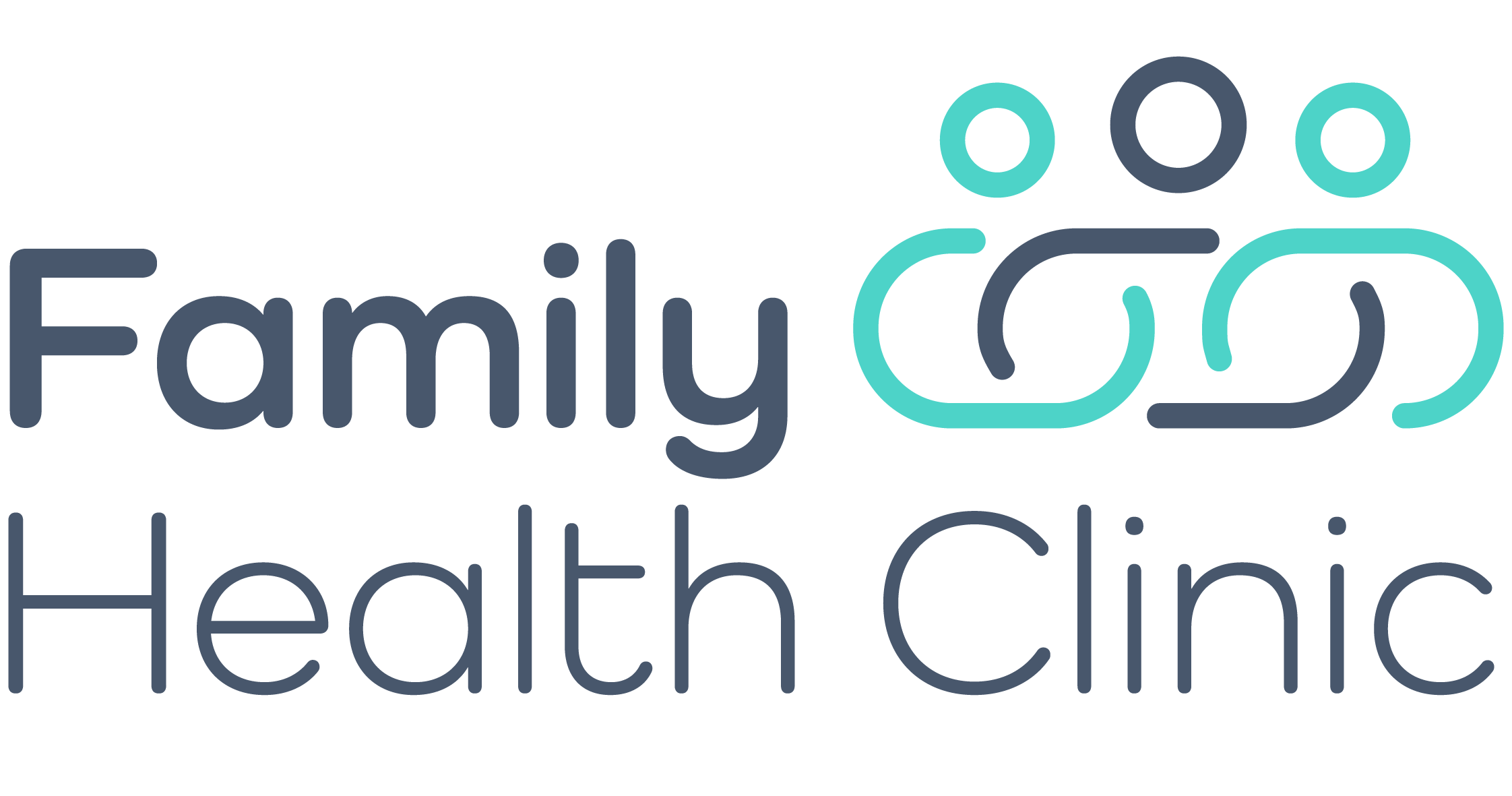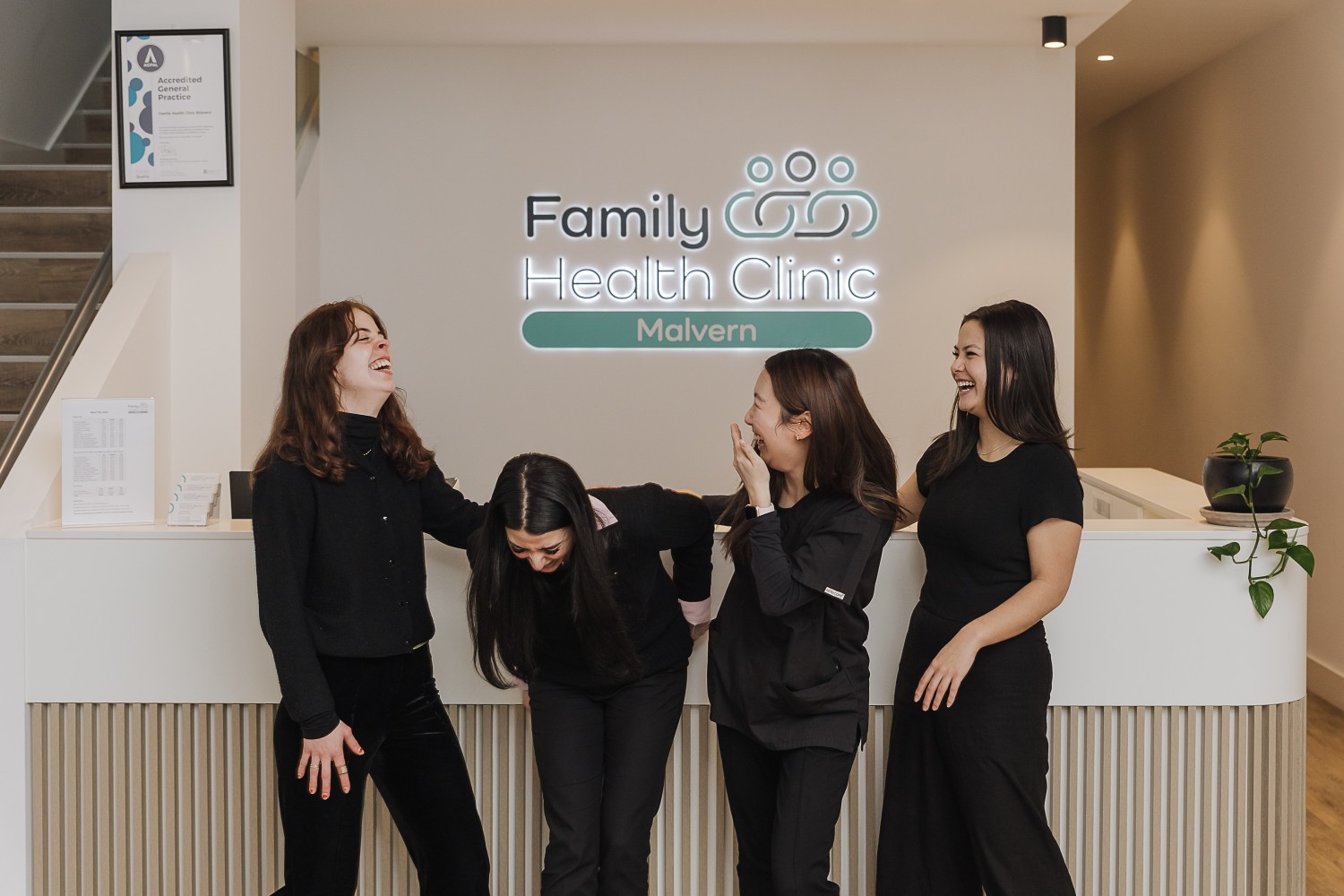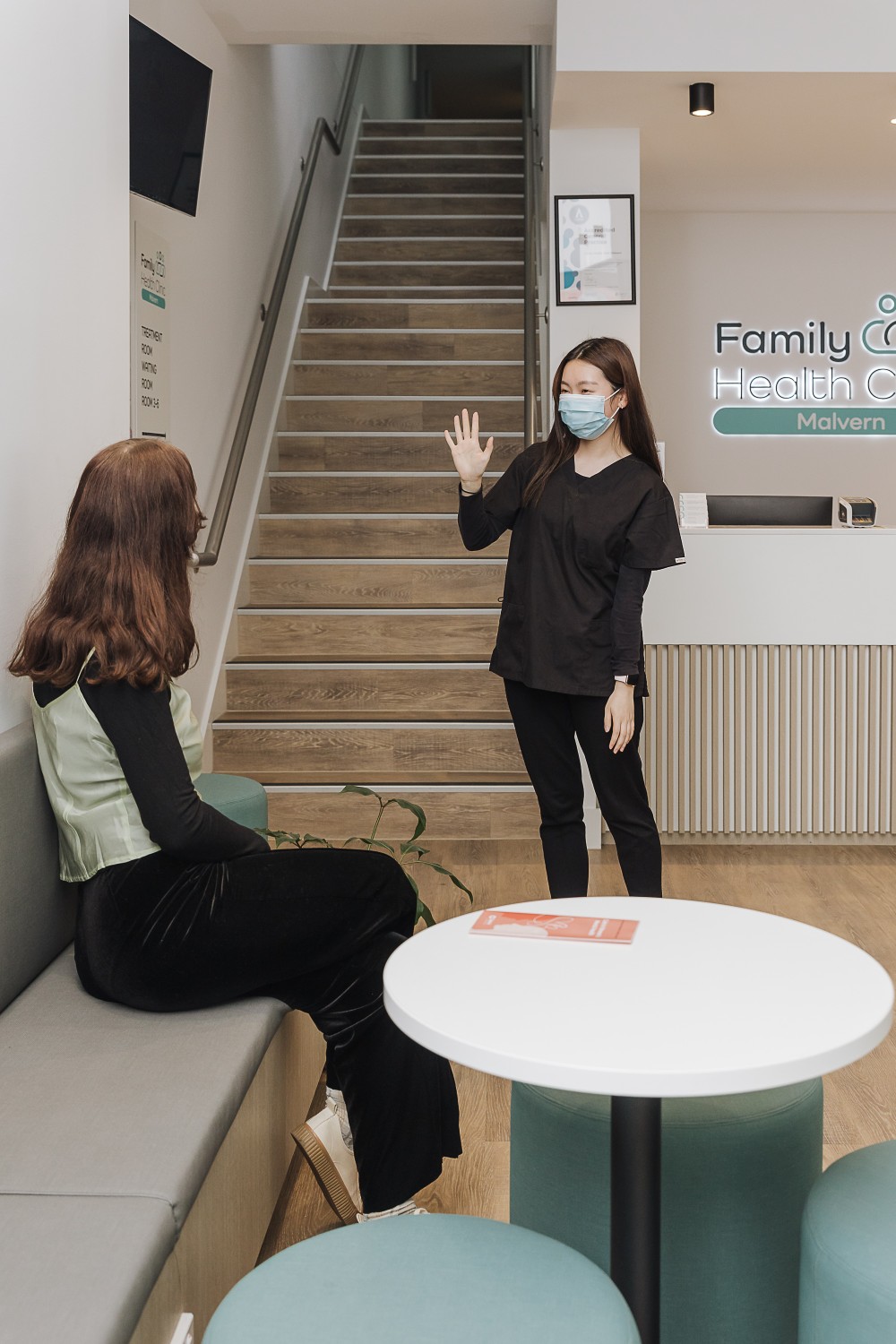As we age, the focus may shift from working and raising a family to planning for retirement and long-term financial security. However, preparing for your health, aged care, and connection to the community is just as important. This is known as positive ageing, which can help you stay healthy and independent for longer. Ageing Well also involves paying close attention to various aspects of health, especially as the body changes. For seniors, maintaining good health enhances and extends quality of life.

According to government sources, an action plan for a positive way of ageing could be briefed in eight points:
- A positive attitude
Positivity towards life is fundamental to aging so that the senior person can enjoy life and have fun. Improving the ability to deal with life and circumstance changes such as loss and grief is also essential. Acceptance of oneself significantly impacts setting realistic expectations about abilities and limitations, so it would be easier for the person to deal with a shrinking social circle and allow help with daily life, which may be needed one day.
- Life has purpose and meaning.
Finding meaningful social roles and contributing to society give life a purpose. This could be achieved by recognising and acknowledging the capabilities and abilities to contribute. For instance, accessing suitable employment, volunteering, lifelong learning and searching for other opportunities are great examples for seniors to consider instead of being strapped for personal independence and autonomy in decision-making. Hence, seniors must strive for positive wishes and aspirations for a living to be understood and acknowledged.
- Respected and respectful
Our seniors are valued in society as respected community members. They have a voice and the opportunity to be heard, so they feel tolerant of others and receive respect from others, including the government, younger people and businesses. Being a senior should not be subject to ageism, stigmatisation, or being ignored or denied service; in contrast, there should be respect for personal identity, culture, gender, and diversity.
- Connected to family, friends and society
- Having and keeping fulfilling and sustaining social connections and personal relationships, including family relationships and friendships
- Able to take part in meaningful activities related to interests.
- Having places to meet and connect with other people.
- Able to meet with people from the same cultural background and diverse backgrounds.
- Able to get support for risks such as elder abuse.
- In touch with a changing world
- Not left behind in our changing world
- Knowing what help is available as needs change and increase.
- Able to get information when needed.
- Having opportunities to develop technology skills and knowledge and to access technology.
- Provided with alternatives to online platforms for information and services.
- Safe and secure at home and financially
- Having the proper housing at the right time in the right place
- Able to age in place with suitable supports.
- Able to supplement income through work.
- Able to afford accommodation and utility costs.
- Having access to a wide range of discounts for seniors
- to feel safe at home and in the community, particularly at night, and have the proper support to manage family relationship stress and elder abuse.
- Able to access free and low-cost social activities.
- Able to undertake life planning and have decisions respected and supported.
- Able to manage health issues, including mental health
- Able to access services and support when needed.
- Actively managing health conditions.
- Able to exercise and maintain good nutrition and a healthy diet.
- Having access to recreation and sporting facilities.
- Having the knowledge and information to access support and services, particularly mental health services
- Having health needs, including mental health needs, recognised and responded to.
- Able to get around
- Access to cost-effective local community transport services, particularly after giving up a driver’s licence
- Access to parking, including select parking for seniors, carers and disability.
- An age-friendly built environment, for example, with pedestrian crossings and footpaths suitable for those using mobility aids, is needed.
It could hardly be argued that a holistic approach to general physical and mental health, in addition to oral health, is essential.
- Regular Physical Activity: Regular exercise is crucial. Walking, swimming, or light aerobics can improve cardiovascular health, muscle strength, and flexibility, reducing the risk of falls and other injuries.
- Balanced Diet: Eating a nutritious diet rich in fruits, vegetables, lean proteins, and whole grains helps manage weight, reduces the risk of chronic diseases, and supports overall health. Seniors should also ensure adequate calcium and vitamin D intake to protect bone health.
- Stay Hydrated: As we age, our sense of thirst may diminish. Drinking adequate fluids is vital to prevent dehydration, which can exacerbate chronic conditions and affect cognitive function.
- Regular Check-ups: Regular visits to healthcare providers can help catch and manage problems early. This includes screenings for vision, hearing, and chronic conditions like diabetes or heart disease.
- Mental Health: Mental health is as important as physical health. Activities like reading, solving puzzles, or social interactions can keep the mind active and reduce the risk of cognitive decline.
- Sleep Well: Good sleep is essential. Developing a regular sleep routine and creating a comfortable sleep environment can improve sleep quality.
Dental Care for Seniors
As people age, they may encounter specific dental issues, including dry mouth and gum disease, which require special attention:
- Dry Mouth: Reduced saliva flow in older adults can lead to dry mouth, which increases the risk of tooth decay and gum disease. Drinking plenty of water, avoiding alcohol, tobacco, and caffeine, and possibly using saliva substitutes can help manage this condition.
- Regular Dental Visits: Regular check-ups are vital for early detection and treatment of dental issues common in older adults. Professional cleanings can also help prevent the development of gum disease.
- Improved Dental Hygiene: Brushing twice daily with fluoride toothpaste and flossing daily are crucial steps. For those with arthritis or other conditions that make brushing difficult, using an electric or extended-handle toothbrush can help.
- Manage Gum Disease: Gum disease is prevalent among seniors. Maintaining good oral hygiene and seeking regular dental care can prevent serious complications such as tooth loss.
- Denture Care: Proper care is essential for seniors with dentures. This includes daily cleaning, regular dental check-ups, and ensuring a proper fit to avoid discomfort and infections.
- Avoid Tobacco: Smoking can exacerbate dental problems, including gum disease and oral cancers. Quitting smoking is beneficial for oral and overall health.



